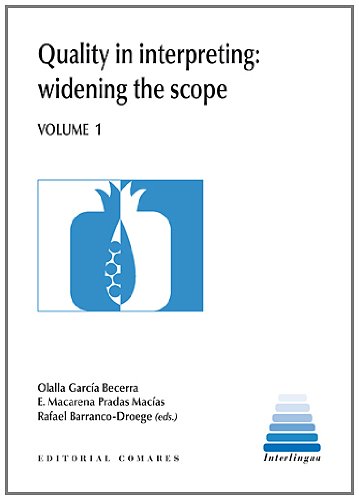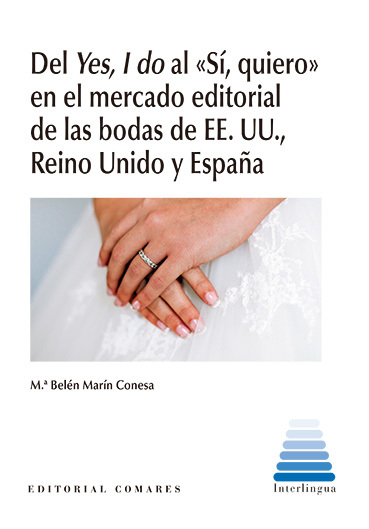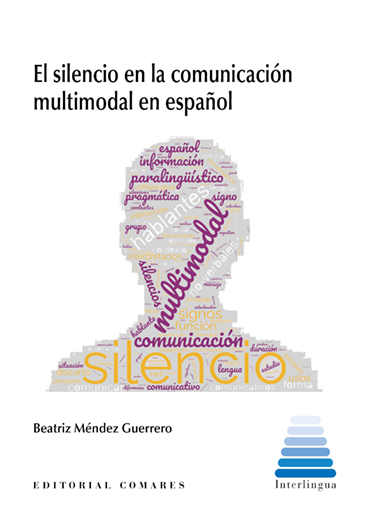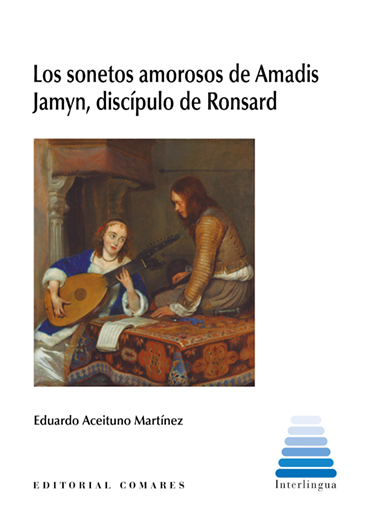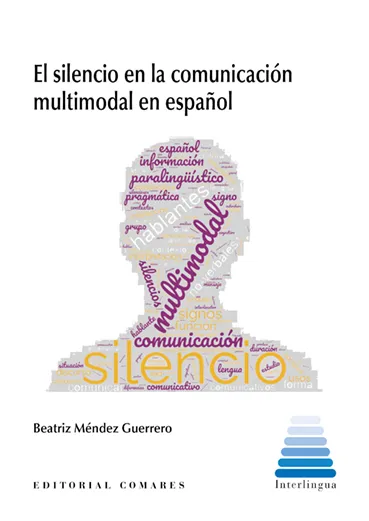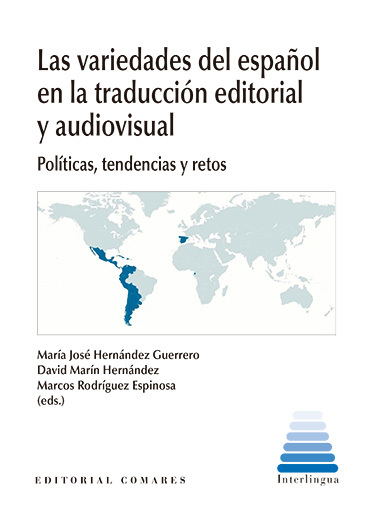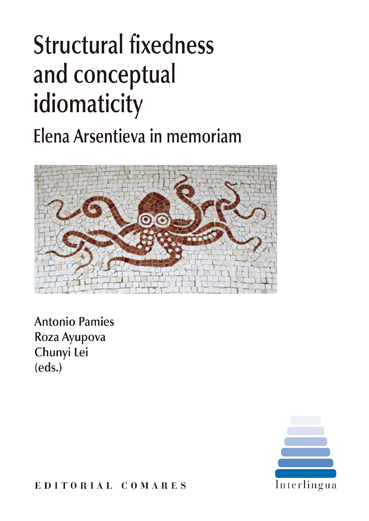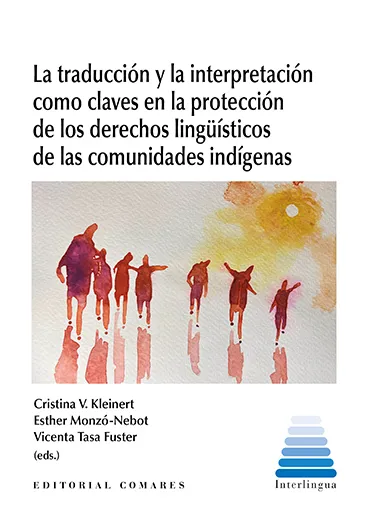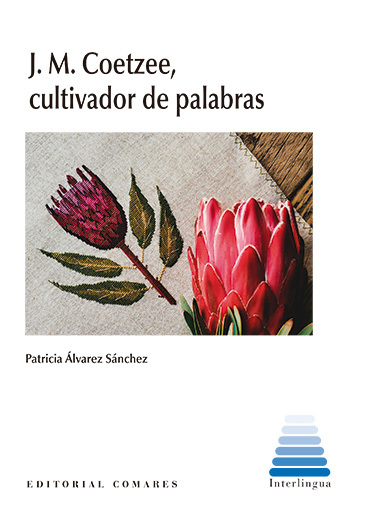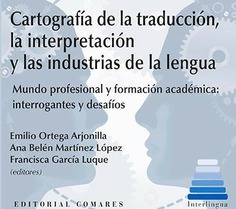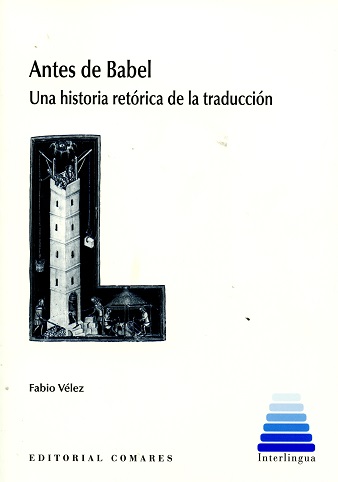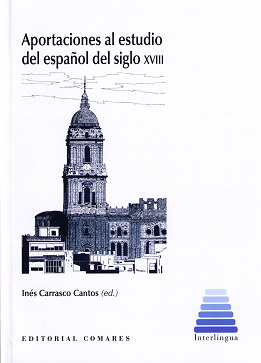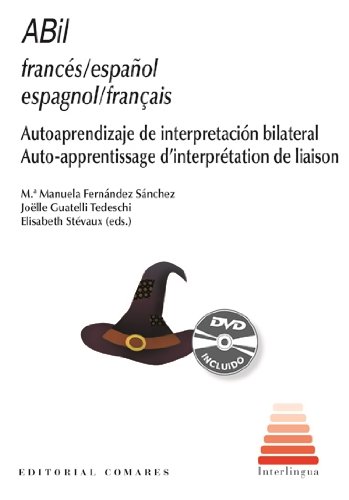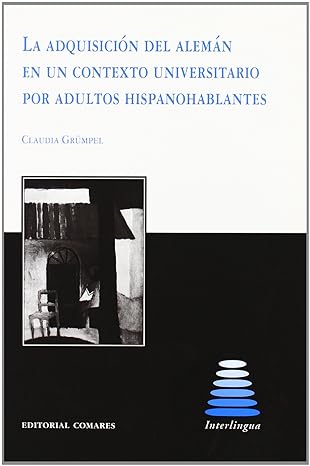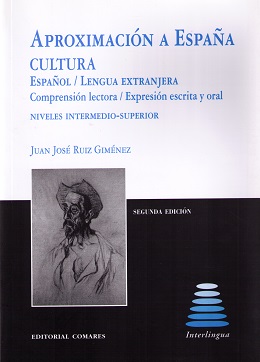Quality in interpreting: Widening the Scope. Vol. I
From the early days of interpreting studies, the notion of quality has attracted the interest of professionals, trainers and scholars alike. Its elusive nature gave rise to various approaches aimed at figuring out its constituent parts. These efforts have made it possible to understand quality from a multidimensional perspective.
Quality was already a well-established research topic in 2001, when the first international conference devoted entirely to it was held in Almunecar, Spain. Ever since, the field has greatly evolved as research instruments and methods have been refined, not least because globalization has facilitated closer cooperation among scholars.
Recent years have witnessed a considerable increase in the number of publications on quality, and the continued activity of both individual scholars and research groups testify to the liveliness of this area of research. In the course of this process, this area has become more interdisciplinary and technically sophisticated, widening its scope to cover new interpreting settings and language combinations.
This volume attempts to provide an overview of the state of the art in interpreting quality. It contains 16 papers selected through a double-blind peer-review process. All contributors took part in the Second International Conference on Interpreting Quality held in Almuñécar in 2011, and the reviews were conducted by a panel of international experts in interpreting studies.
TÍTULOS RELACIONADOS: TRADUCCIÓN/INTERPRETACIÓN
1. Institutional, social and policy aspects of research into conference interpreting
DANIEL GILE
2. Researching quality: A two-pronged approach
FRANZ POCHHACKER
3. Towards a model for evaluating meaning transfer quality in consecutive interpreting
YIJUN GUO
4. Zur Einbeziehung kommunikationswissenschaftlicher Erkenntnisse bei der Evaluation von Dolmetschleistungen
MARTINA BEHR
5. Qualitat als Wirkungsaquivalenz: Simultandolmetschen vs. Englisch als Lingua Franca
KARIN REITHOFER
6. The quest for quality assessment criteria in media interpreting
CLARA PIGNATARO, SILVIA VELARDI
7. Quality as coherence maintenance. A corpus-based pilot study on topical coherence in simultaneous interpretation on television: the question/answer group
EUGENIA DAL FOVO
8. The production of experimental material for fluency research
SYLVI RENNERT
9. Interpreting quality in the light of directionality: A study on the interpreter´s perspective
JAN-HENDRIK OPDENHOFF
10. Anticipation in German-to-Greek simultaneous interpreting: does (erroneous) anticipation influence interpreting quality?
KONSTANTINA LIONTOU
11. Familiarity with case material threat to impartiality or necessary precondition for quality in court interpreting in criminal trials?
TUIJA KINNUNEN, GUN-VIOL VIK-TUOVINEN
12. Problemas discursivos en la teleinterpretación y parámetros de calidad. El caso de la interpretación en el ámbito sanitario
ENCARNACION POSTIGO PINAZO, MARIA JOSE VARELA SALINAS, LAURA PARRILLA GOMEZ
13. Training conference interpreter trainers with technology a virtual reality
BARBARA CLASS, BARBARA MOSER-MERCER
14. Del Sindrome de Mafalda a la metacognición. La autoevaluación de la calidad de los intérpretes en formación a través de una nueva plataforma multimedia
MIGUEL TOLOSA IGUALADA
15. Peculiaridades de la interpretación simultanea árabe-español y su incidencia en la práctica profesional. Estudio piloto
BACHIR RAYAA
16. Análisis de errores frecuentes de alumnos chinos en el aprendizaje de la interpretación español-chino y medidas de corrección
SHIRU CHANG
OLALLA GARCÍA BECERRA
E. MACARENA PRADAS MACÍAS
RAFAEL BARRANCO-DROEGE

